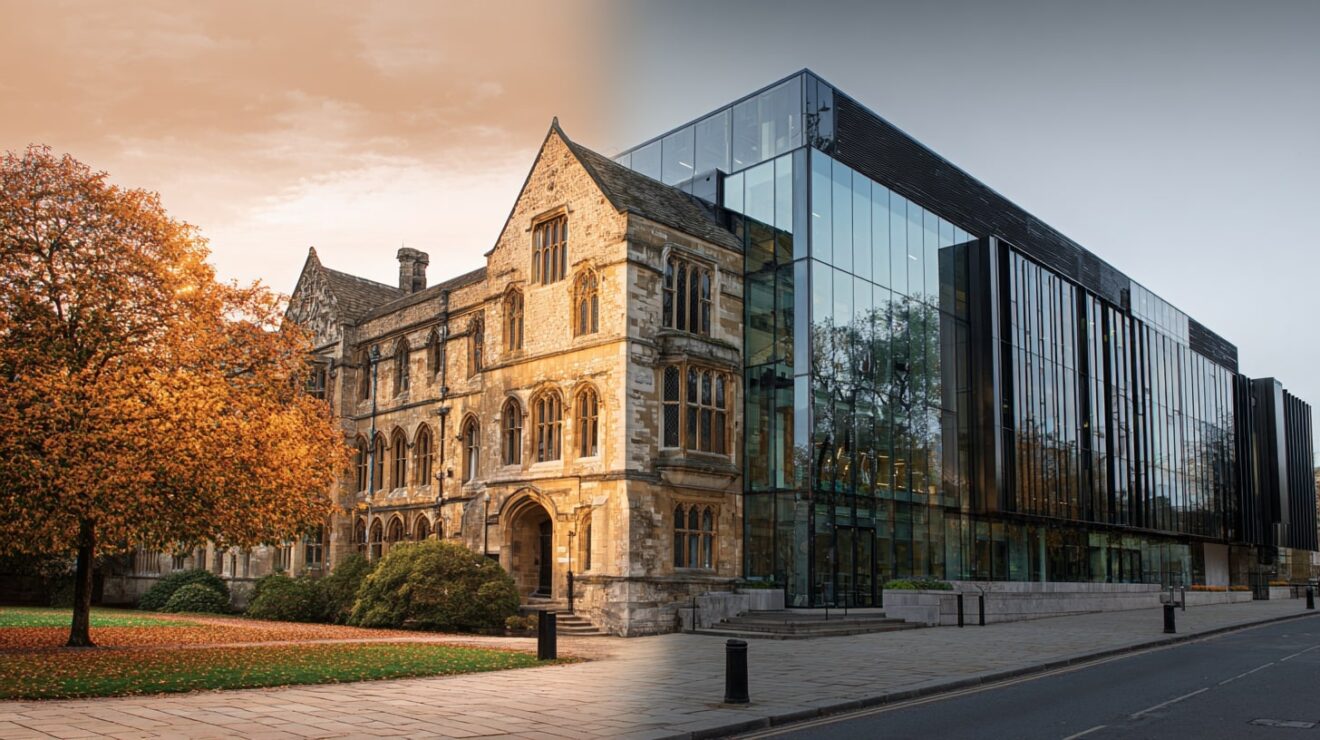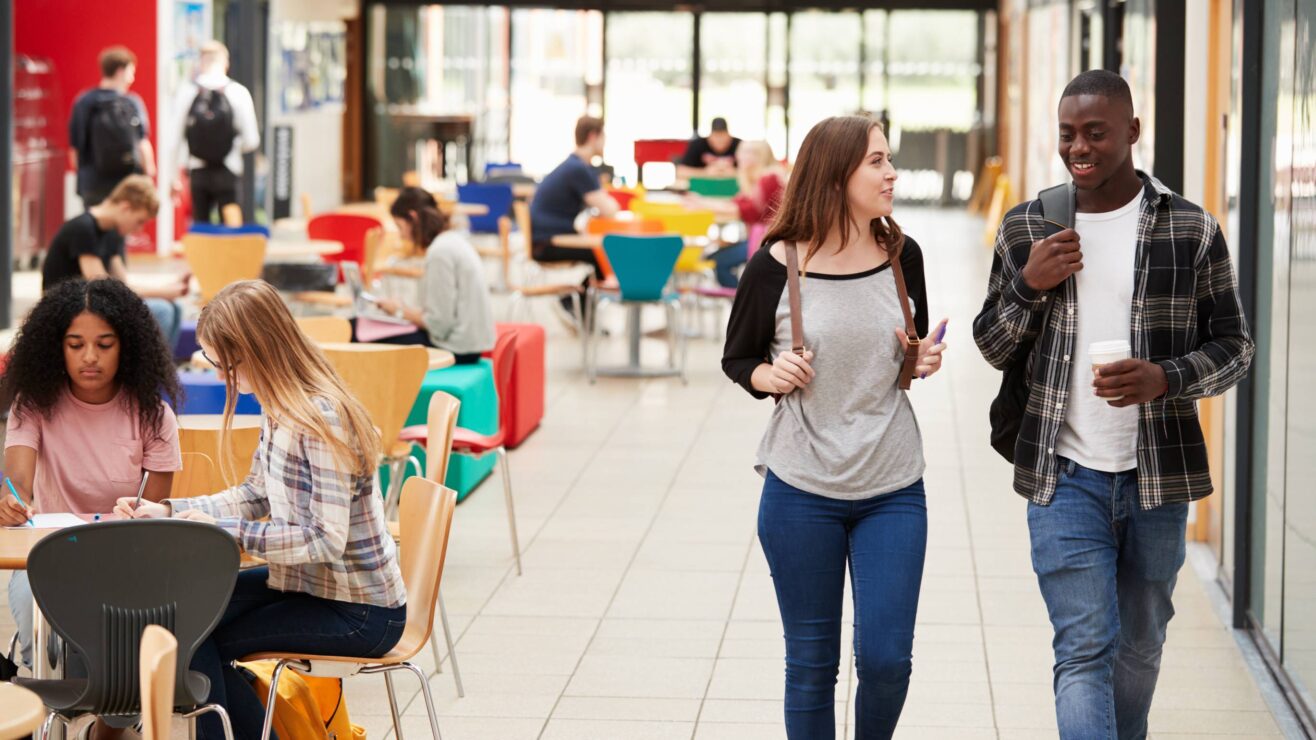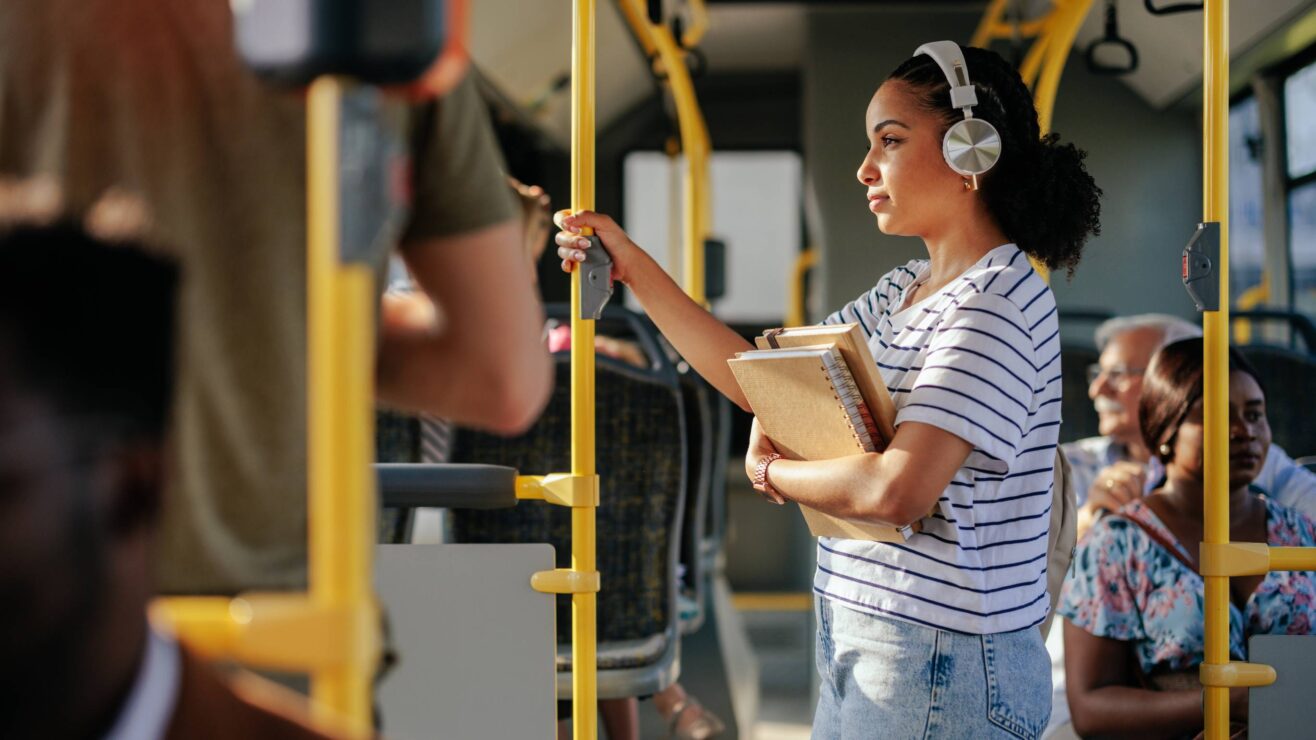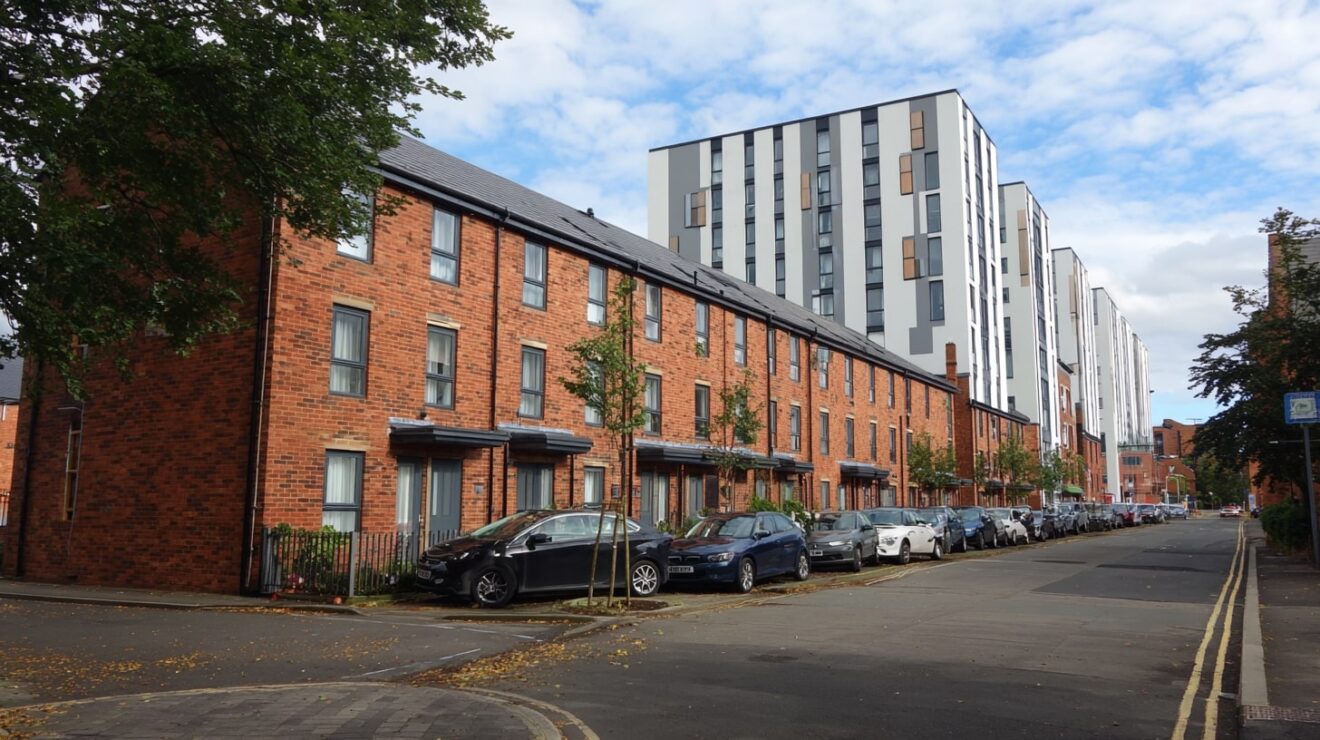Unite Students has launched its Student Yearbook 2019 report, which provides a snapshot of student life over the last year. The findings challenge a number of widely held and lingering negative stereotypes of students, and provides a platform for students to talk about their experiences in their own words.
The report was co-produced by undergraduates and includes a series of audio conversations between them on some of the key themes of the findings. Here two of them – Max and Riki – discuss more about their experience of being a student in 2019.
Max
It’s pretty disheartening when you read headlines calling all students “snowflakes” or “lazy”, when that doesn’t reflect who you, or your peers are.

With results day just behind us and the latest cohort of students moving on to the next chapter in their lives, I thought back to a year ago and what that time was like for me. There were plenty of expectations I had of moving on to higher education and the realities that hit me when I got there were both good and bad.
I am in what the survey findings found was the 11% that didn’t attend Freshers’ Week. I wasn’t enjoying my accommodation and felt like I had no friends, so spent the time with my boyfriend. Whenever anyone asked me how “wild” my Freshers’ was, I would feel almost embarrassed to say that I didn’t partake in it.

Looking back, I realise that it’s totally ok. This is one of many expectations (Freshers’ Week is going to be THE week of the year) that doesn’t turn out to be like reality. As the report highlights, the average student score for their Freshers’ Week was a mere 6.5/10. This is surprisingly low, but when you realise that this is your first week, in a new city, with new people, it makes a lot of sense.
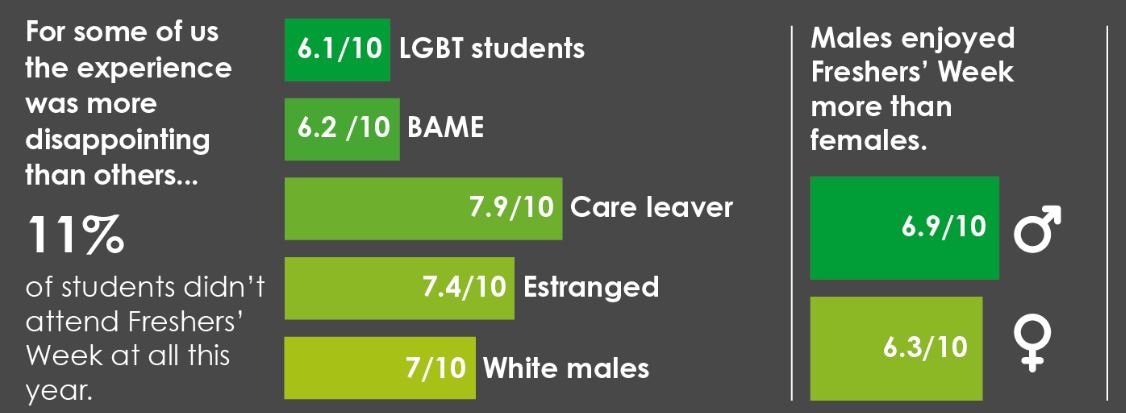
Before university I was expecting to join so many societies that I would forget which ones I had joined. Turns out I didn’t join a single one. And I wasn’t alone. Out of the 2,500 students we surveyed this year, 36% didn’t join a society either. This was because I missed the Freshers’ Fair and felt that throughout the year it was too late to join any. Not only did I learn that it’s never too late to try a new society, but, like redoing Freshers’, I’m looking forward to redoing the Freshers’ Fair – and making sure I get all the freebies this time! The surprising fact I learned from the report was that students who joined a society were on average 5% happier.

Riki
Looking at the statistics in the Unite survey has made me realise that defining the student of 2019 is as difficult a task as defining any group of people. People vary on an individual level but, unlike other groups, students don’t share a common upbringing, culture or background. So it is quite hard to speak in general about the student experience, so all I can do is speak about my own. I am 20 and going into my 3rd year of uni.
This singular “uni mentality” is part of the problem. Before starting uni you have a decent understanding of all the things you should do. This is because of movies, the internet and friends. This can be comforting because it can act like a road map. For example, because of movies; when I started first year, I knew I needed to find people before December to share a house with in second year. That got rid of a lot of confusion but this road map can also be a big source of anxiety. There are certain things you feel like you have to do or you’ve somehow let yourself down.
When I found out from the Unite survey that 1 in 6 students are teetotal I was shocked – perhaps because of the people I hang around with. However, I then realized that if you factor in mature students and international students this makes more sense. This demonstrates how the student of 2019 isn’t any one thing and I think as a culture it would be beneficial for us to remember that.

You can never experience every group or segment of people at a university. This is odd because at school you pretty much know everyone and what is going on with them and their lives. When you come to uni you assume that what you and your friends experience on a day to day basis is the exact same as everyone at your uni, but this is just not the case.
Personally, thinking of uni in this way makes me empathise with the uni itself. They have this impossible task of catering to so many different types of people that it is difficult to get it completely right. This doesn’t mean many universities couldn’t do better, especially in terms of mental health. But if students and uni leaders understood that the student of 2019 isn’t just one thing, we would be better able to cater to their experience beyond the stereotypes. That way we could all enjoy this time in our lives even more.
Max and Riki will be speaking at the launch event of Unite’s annual insight report on 17th September at a joint event with HEPI.










